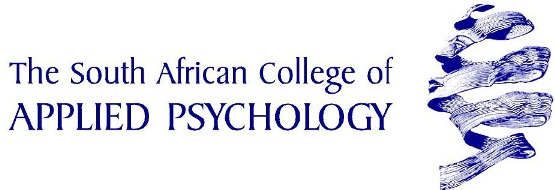Prerequisites: Counselling Skills I
Module Purpose:The purpose of this module is to provide the learner with opportunities to develop and refine skills and capabilities to work with adolescents based on a comprehensive study of the concepts, theories and issues that are an essential part of understanding adolescent development. A major feature of this module is to help develop in the student a familiarity with the major theories on adolescent’s development, to understand adolescent issues and needs from a psychological and sociological perspective, and to learn strategies that enhance communication and counselling skills in dealing with adolescents.
Module Content:
This module provides the student with the skills and knowledge that are foundational to working effectively with adolescents. Students study the concepts theories and contemporary issues that are an integral part of understanding adolescent development. Through the study of this module the student is introduced to the major theories on adolescent development, explores adolescent issues and needs from a psychological and sociological perspective, and learns to identify and demonstrate strategies to enhance communication and counselling competencies in working with adolescents.
- Terminology and concepts for working with adolescents: definition of “adolescence”, developing individual identity, peer pressure, autonomy, risk-taking, self-esteem and sexuality
- Major theories on adolescent development: psychological theories, motivational changes related to physical growth and development, cognitive development
- Sociological perspectives on adolescent development: role of peer pressure, role of media influences, role of moral and legal dilemmas, uncertainty regarding the future, cultural conflicts
- Adolescent issues: personal identity development, risk taking in development of identity, source of distress/difficulties, unemployment, housing issues, income support, cultural issues, value systems, dilemmas, conflicts, sexuality and sexual behaviour, substance abuse in adolescents, suicide amongst adolescents, parental conflict and control, goals of adolescent “limit testing”
- Communication skills for working with adolescents: role of trust in communication, establishing rapport, using appropriate language Counselling strategies for working with adolescents: strategies for counselling in informal settings, strategies for formal counselling with adolescents, referring adolescents for specialist assistance – options and procedures, using community, parental and family resources to support adolescents, referral and advocacy
Outcomes:
The learner will be able to:
- Use terminology and concepts for working with adolescents
- Demonstrate knowledge of the major theories on adolescents development
- Recognise sociological perspectives impacting on adolescent issues
- Identify adolescent issues
- Use communication skills for working with adolescents
- Apply counselling strategies for working with adolescents


No comments:
Post a Comment
Note: Only a member of this blog may post a comment.